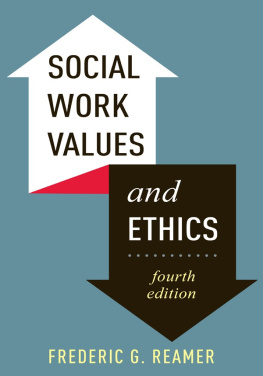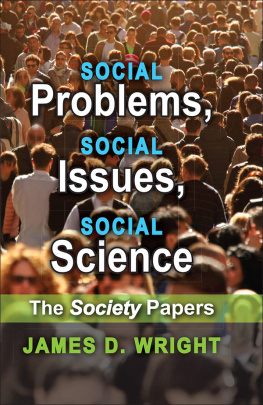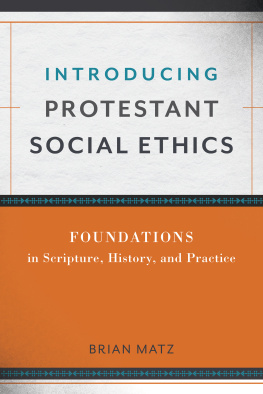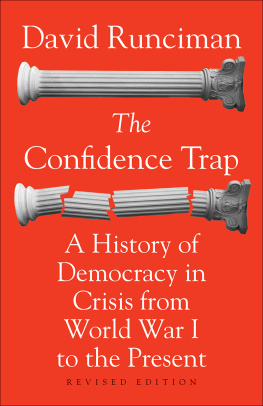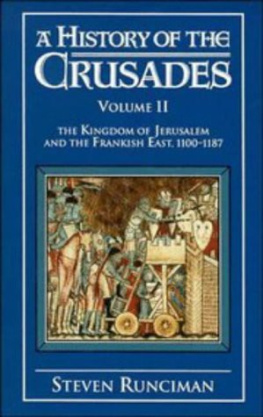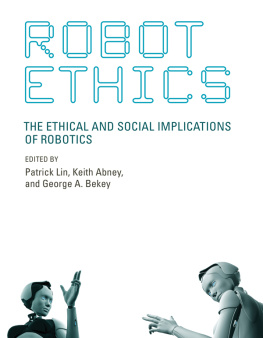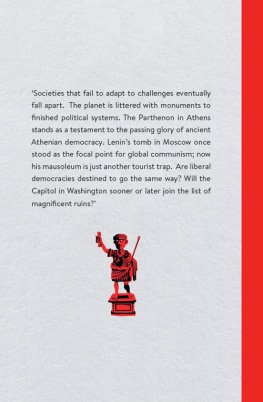THE ETHICS OF THE DRINK QUESTION.
All the statistics and formal statements published about drink are no doubt impressive enough to those who have the eye for that kind of thing; but, to most of us, the word "million" means nothing at all, and thus when we look at figures, and find that a terrific number of gallons are swallowed, and that an equally terrific amount in millions sterling is spent, we feel no emotion. It is as though you told us that a thousand Chinamen were killed yesterday; for we should think more about the ailments of a pet terrier than about the death of the Chinese, and we think absolutely nothing definite concerning the "millions" which appear with such an imposing intention when reformers want to stir the public. No man's imagination was ever vitally impressed by figures, and I am a little afraid that the statistical gentlemen repel people instead of attracting them. The persons who screech and abuse the drink sellers are even less effective than the men of figures; their opponents laugh at them, and their friends grow deaf and apathetic in the storm of whirling words, while cool outsiders think that we should be better employed if we found fault with ourselves and sat in sackcloth and ashes instead of gnashing teeth at tradesmen who obey a human instinct. The publican is considered, among platform folk in the temperance body, as even worse than a criminal, if we take all things seriously that they choose to say, and I have over and over again heard vague blather about confiscating the drink-sellers' property and reducing them to the state to which they have brought others. Then there is the rant regarding brewers. Why forget essential business only in order to attack a class of plutocrats whom we have made, and whom our society worships with odious grovellings? The brewers and distillers earn their money by concocting poisons which cause nearly all the crime and misery in broad Britain; there is not a soul living in these islands who does not know the effect of the afore-named poisons; there is not a soul living who does not very well know that there never was a pestilence crawling over the earth which could match the alcoholic poisons in murderous power. There is a demand for these poisons; the brewer and distiller supply the demand and gain thereby large profits; society beholds the profits and adores the brewer. When a gentleman has sold enough alcoholic poison to give him the vast regulation fortune which is the drink-maker's inevitable portion, then the world receives him with welcome and reverence; the rulers of the nation search out honours and meekly bestow them upon him, for can he not command seats, and do not seats mean power, and does not power enable talkative gentry to feed themselves fat out of the parliamentary trough? No wonder the brewer is a personage. Honours which used to be reserved for men who did brave deeds, or thought brave thoughts, are reserved for persons who have done nothing but sell so many buckets of alcoholized fluid. Observe what happens when some brewer's wife chooses to spend 5000 on a ball. I remember one excellent lady carefully boasting (for the benefit of the Press) that the flowers alone that were in her house on one evening cost in all 2000. Well, the mob of society folk fairly yearn for invitations to such a show, and there is no meanness too despicable to be perpetrated by women who desire admission. So through life the drink-maker and his family fare in dignity and splendour; adulation surrounds them; powerful men bow to the superior force of money; wealth accumulates until the amount in the brewer's possession baffles the mind that tries to conceive itand the big majority of our interesting race say that all this is good. Considering, then, how the English people directly and indirectly force the man of drink onward until he must of necessity fancy there is something of the moral demi-god about him; considering how he is wildly implored to aid in ruling us from Westminster; considering that his aid at an election may procure him the same honour which fell to the share of William Pitt, Earl of Chathammay we not say that the community makes the brewer, and that if the brewer's stuff mars the community we have no business to howl at him. We are answerable for his living, and moving, and having his beingthe few impulsive people who gird at him should rather turn in shame and try to make some impression on the huge, cringing, slavering crowd who make the plutocrat's pompous reign possible.
But for myself, I cannot be bothered with bare figures and vague abuse nowadays; abstractions are nothing, and neat arguments are less than nothing, because the dullest quack that ever quacked can always clench an argument in a fashion. Every turn that talk can take on the drink question brings the image of some man or woman, or company of men and women, before me, and that image is alive to my mind. If you pelt me with tabular forms, and tell me that each adult in Britain drank so many pints last year, you might just as well recite a mathematical proof. I fix on some one human figure that your words may suggest and the image of the bright lad whom I saw become a dirty, loafing, thievish sot is more instructive and more woeful than all your columns of numerals.
Before me passes a tremendous procession of the lost: I can stop its march when I choose and fix on any given individual in the ranks, so that you can hardly name a single fact concerning drink, which does not recall to me a fellow-creature who has passed into the place of wrecked lives and slain souls. The more I think about it the more plainly I see that, if we are to make any useful fight against drink, we must drop the preachee-preachee; we must drop loud execrations of the people whose existence the State fosters; we must get hold of men who know what drinking means, and let them come heart to heart with the victims who are blindly tramping on to ruin for want of a guide and friend. My hideous procession of the damned is always there to importune me; I gathered the dolorous recruits who form the procession when I was dwelling in strange, darkened ways, and I know that only the magnetism of the human soul could ever have saved one of them. If anybody fancies that Gothenburg systems, or lectures, or little tiresome tracts, or sloppy yarns about "Joe Tomkins's Temperance Turkey," or effusive harangues by half-educated buffoons, will ever do any good, he must run along the ranks of my procession with me, and I reckon he may learn something. The comic personages who deal with the subject are cruelly useless; the very notion of making jokes in presence of such a mighty living Terror seems desolating to the mind; I could not joke over the pest of drink, for I had as lief dance a hornpipe to the blare of the last Trumpet.
I said you must have men who know, if you care to rescue any tempted creature. You must also have men who address the individual and get fast hold of his imagination; abstractions must be completely left alone, and your workers must know so much of the minute details of the horror against which they are fighting that each one who comes under their influence shall feel as if the story of his life were known and his soul laid bare. I do not believe that you will ever stop one man from drinking by means of legislation; you may level every tavern over twenty square miles, but you will not thereby prevent a fellow who has the




